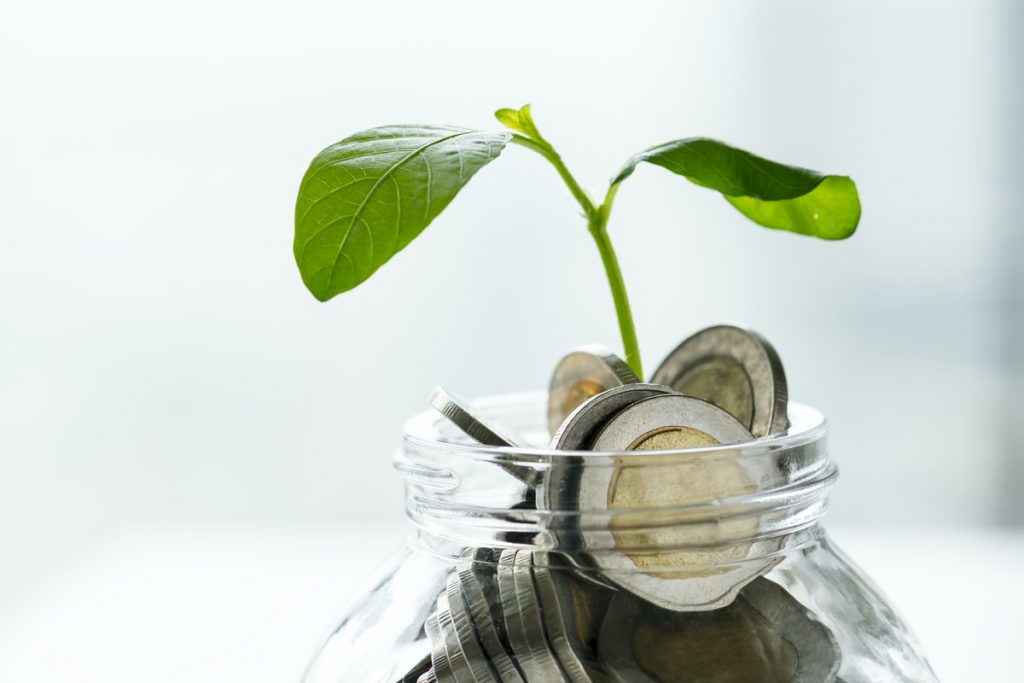
Delayed Gratification
April 24th is #TeachYourKidsToSaveDay! Learning how to save is a vital skill for everyone to learn, and the younger it’s taught – the better! Teaching kids the concept of delayed gratification is an essential skill to effectively save and helps other areas of life.
Delayed gratification involves a strong sense of self-regulation, or self-control in simple terms.
To test to see where your kid stands on this concept, sit them down and offer them a cookie. But! Before giving them the cookie, ask them if they would rather have the cookie now, OR, would they rather wait for 10 minutes and get two cookies?
The child willing to wait for the greater reward has a strong ability to delay gratification and is more likely to learn how to save.
If the child wants the cookie right away, that’s okay! You will just now know that it may take some extra practice to improve the delayed gratification skill!
Practicing Delayed Gratification to Learn How to Save
Overall, teaching this skill will also blend into other parts of life with having improved self-regulation. Your child will have more self-control as they grow up, have a better ability to think forward to the future, and better balance an action’s outcomes.
And this isn’t just helpful for kids! These are skills that even you as an adult can learn as well.
If you have trouble putting away money, have a bad spending habit, or otherwise want to improve your self-regulation skills, then now is a great time to improve it!
This is, of course, easier said than done. That’s because, in a world of instant gratification (fast-food, same-day shipping, on-demand, etc.), we’re programmed to want things now. We don’t plan far enough ahead into the future or commit patience to something.
(Article continues after the ad)
Please follow our fantastic site sponsors! They make content like this possible! 🙂
Saying ‘No’ to Yourself
Ultimately, this comes down to practicing the art of saying ‘no’ to yourself, which can be very difficult sometimes (I know from experience). But, learning how to tell ourselves ‘no’ can improve so many things in our lives, not just our finances. It is also better for our health – mentally and physiologically. It’s something everyone should be practicing.
So, for yourself, work on making a habit of saying no to yourself. It may help to start with inconsequential things and then move your way up to things that are harder to deny yourself the satisfaction of getting or doing.
For your kids, practice it with them. Let them know what you are doing and why it’s important. Leading by example really helps here. If not otherwise committed to it for yourself, try it for your kids! Turn it into a fun, family challenge, where you are all working on improving yourselves together!
Once you’ve established the ability to self-regulate, then work saving money into the mix, if you haven’t already!
If you’ve spent the time teaching your kids (or yourself) to self-regulate better, the delayed gratification will come more naturally, and you and your kids will be more inclined to practice saving money!
In the long run, this will improve you and your kid’s financial literacy, which will relay to a greater likelihood of being financially independent!
Good look! 🙂
To read more about financial literacy, check out ‘Credit Education – A Crash Course‘.
Thank you to our supporters and sponsors!
As always, we want to thank our Patreon’ Cultivator’ supporters and sponsors who help make content like this possible.
The following Patron(s) supported the production of this article:
Crystal Gropp
The following sponsors supported the production of this article:
Viva La Compost & LunaKai Lash




Pingback: Credit Education - A Crash Course on Credit & Credit Scores - Millennials in Motion Magazine